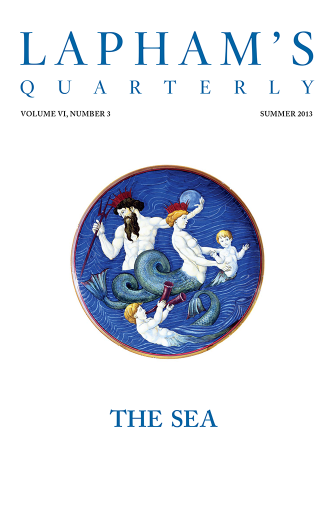There is an idea, which is not without its advocates, that a vigorous executive is inconsistent with the genius of republican government. The enlightened well-wishers to this species of government must at least hope that the supposition is destitute of foundation, since they can never admit its truth without at the same time admitting the condemnation of their own principles. Energy in the executive is a leading character in the definition of good government. It is essential to the protection of the community against foreign attacks; it is not less essential to the steady administration of the laws, to the protection of property against those irregular and high-handed combinations which sometimes interrupt the ordinary course of justice to the security of liberty against the enterprises and assaults of ambition, of faction, and of anarchy. Every man the least conversant in Roman history knows how often that republic was obliged to take refuge in the absolute power of a single man, under the formidable title of dictator, as well against the intrigues of ambitious individuals who aspired to the tyranny, and the seditions of whole classes of the community whose conduct threatened the existence of all government, as against the invasions of external enemies, who menaced the conquest and destruction of Rome.
There can be no need however to multiply arguments or examples on this head. A feeble executive implies a feeble execution of the government. A feeble execution is but another phrase for a bad execution. And a government ill executed, whatever it may be in theory, must be in practice a bad government.
Taking it for granted, therefore, that all men of sense will agree in the necessity of an energetic executive, it will only remain to inquire: What are the ingredients which constitute this energy—how far can they be combined with those other ingredients which constitute safety in the republican sense? And how far does this combination characterize the plan which has been reported by the convention?
The ingredients which constitute energy in the executive are first unity, secondly duration, thirdly an adequate provision for its support, fourthly competent powers.
The circumstances which constitute safety in the republican sense are, first, a due dependence on the people and, secondly, a due responsibility.
Those politicians and statesmen who have been the most celebrated for the soundness of their principles and for the justness of their views have declared in favor of a single executive and a numerous legislature. They have with great propriety considered energy as the most necessary qualification of the former and have regarded this as most applicable to power in a single hand, while they have with equal propriety considered the latter as best adapted to deliberation and wisdom, and best calculated to conciliate the confidence of the people and to secure their privileges and interests.
That unity is conducive to energy will not be disputed. Decision, activity, secrecy, and dispatch will generally characterize the proceedings of one man in a much more eminent degree than the proceedings of any greater number, and in proportion as the number is increased, these qualities will be diminished.
From the Federalist Papers. Hamilton’s wife, Eliza, recalled him drawing out his plan for this series of essays urging New Yorkers to adopt and ratify the newly drafted U.S. Constitution while aboard a boat heading up the Hudson River to Albany. In an earlier essay on the need for an energetic government, Hamilton argued that to not invest the new federal union with “a degree of power commensurate to the end” would be “to trust the great interests of the nation to hands which are disabled from managing them with vigor and success.”
Back to Issue




